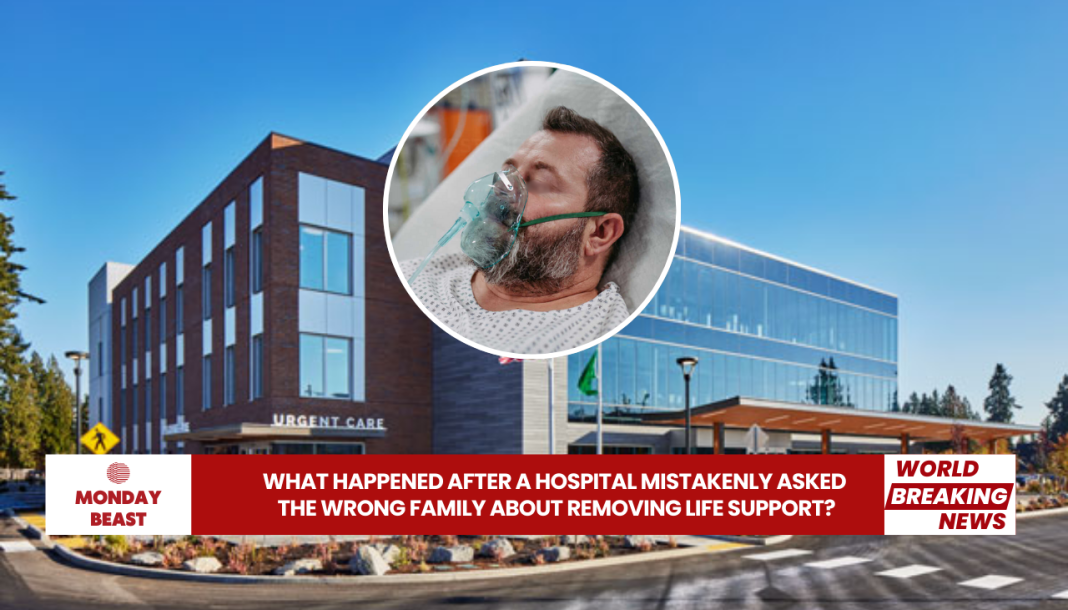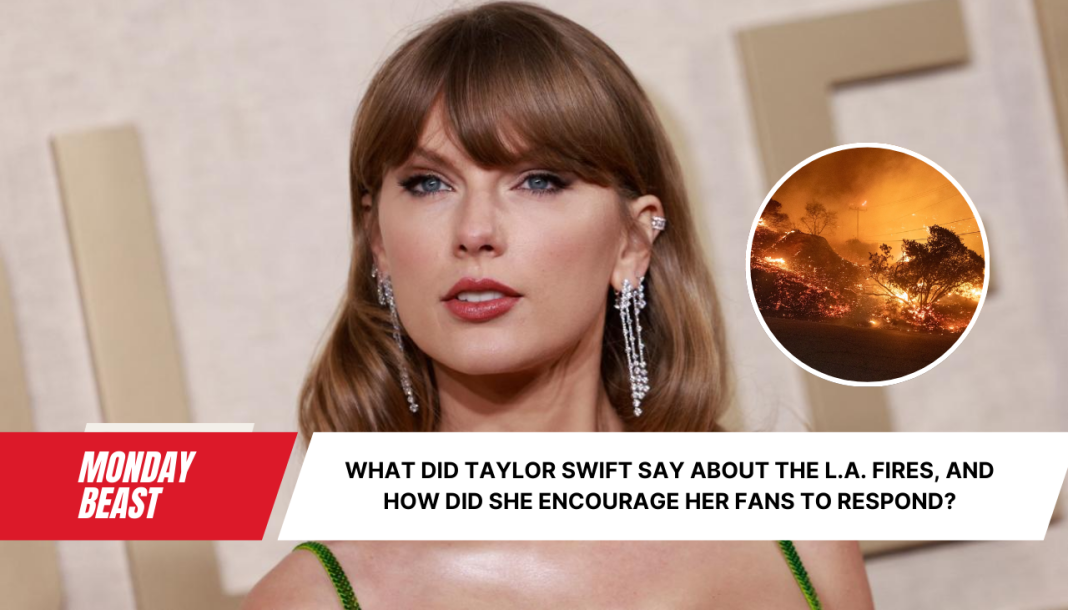What happened to David Wells?
In the summer of 2021, a tragic incident unfolded at PeaceHealth Southwest Medical Center in Vancouver, Washington. David Wells, a 69-year-old man, died after being misidentified as his hospital roommate, Michael Beehler. It was a scenario no one could have predicted, and one that brings forth haunting questions about the healthcare system’s practices. Could this have been avoided? The answer, by all accounts, is a resounding yes.
Wells arrived at the hospital after choking on a piece of steak. His life hung in the balance. But instead of receiving the focused care needed to save him, a catastrophic mistake occurred. The hospital mistakenly identified him as Beehler, triggering a chain reaction of heart-wrenching decisions. Beehler’s sister, Debbie Danielson, was contacted to discuss life support options. But how could she know she was really deciding the fate of another man?
A devastating decision

On August 8, 2021, Danielson made a gut-wrenching choice to remove life support, believing it was for her brother. Just days later, she learned that her brother was alive, calling her in disbelief. ‘I said, ‘You can’t be alive. You’re dead!” she recounted. This moment—this cruel twist of fate—epitomizes the emotional turmoil faced by families in crisis. How many others have faced such agonizing miscommunications?
The incident highlights systemic flaws in patient identification processes. When Beehler’s family learned of the mix-up, they reported it to authorities. The Clark County Medical Examiner confirmed the misidentification through fingerprint verification. David Wells was officially pronounced dead, leaving his son, Shawn, reeling from the shock. How can a family cope with such profound betrayal from an institution they trust the most?
The aftermath
Shawn Wells said he was not informed of the misidentification until a 2023 news report exposed the case. Intensely aware that a decision had been made without their consent, he remarked, ‘I’ll never be able to get that decision back.’ This experience has turned their lives into a bitter narrative of loss and grief. It’s difficult to fathom living through such a tragic error and remaining silent.

Shawn is not alone in seeking justice. The Wells family, along with Danielson and Beehler, have filed lawsuits against the hospital and several associated entities. The claims include negligence and emotional distress, aiming to hold those responsible accountable. How can we combat such negligence when it lurks in the places meant to protect us?
Investigations reveal shocking shortcomings
Following media scrutiny, the Washington Department of Health conducted an investigation. What they found is alarming. The hospital failed to establish adequate procedures for verifying patient identities. There wasn’t proper staff training or oversight in a busy emergency department treating thousands. In light of such serious gaps, did the hospital do enough to rectify these failures?
Despite the violations, no formal citations were issued. The hospital claimed to have made necessary improvements post-investigation. Yet the question remains: how many more families must suffer before systematic changes are implemented? The emotional scars left behind from such medical errors can be long-lasting.
A health crisis we must address

The pandemic context adds another layer of complexity. The hospital’s spokeswoman mentioned the relentless pressure on healthcare systems during COVID-19. While it’s true that the strains of the pandemic brought unprecedented challenges, the fundamental duty of care should never falter. Where do we draw the line in attributing negligence to systemic strain?
The implications of Wells’ and Beehler’s story are profound. This is not just about one incident. It’s about how we navigate mistakes in healthcare and the personal wreckage they leave behind.
Moving forward
With ongoing litigation, the story continues to evolve, drawing attention to critical issues surrounding patient safety and hospital accountability. What kind of safeguards can be put in place to prevent incidents like this? As more victims and families come forward, we are forced to confront the realities of healthcare mismanagement. Only through open dialogue and accountability can we hope to find solutions.
In closing, as we reflect on this tragic turn of events, we must be vigilant. The stakes are high, and the price of silence can be devastating. Let this tragedy ignite discussions that lead to meaningful change.




